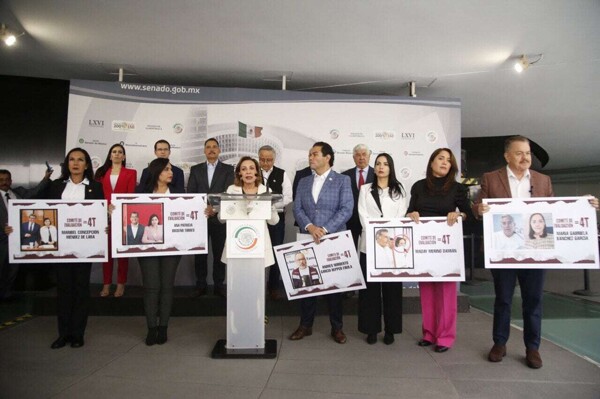
A convulsive national reality manifests itself with an attempt to concentrate power in the hands of a few, speaking on behalf of a minimal part of the population and accentuating disunity by ignoring those who think differently. This situation leads to a distancing from dialogue and moves away from democratic principles, generating consequences for the entire country.
In a context marked by global tensions, we are approaching elections in the United States that will mark a change in international relations, especially for Mexico and its main trading partner, as well as for the future of the USMCA. Amid these circumstances, a more interventionist than regulatory state design in the economic sphere is proposed.
Recalling Franklin D. Roosevelt's historic speech in 1933 during the economic crisis in the US, a change is observed in the strategy of state-owned enterprises in Mexico. Pemex and CFE once again play a predominant role in the market, prioritizing mega-projects and social programs over efficiency and productivity.
In the first 28 days of Claudia Sheinbaum's presidency in Mexico, a marked concentration of power is perceived, accompanied by violent events in different parts of the country. This situation occurs in a global scenario of increasing tensions, where each decision in international policy acquires crucial importance.
Furthermore, a challenge in the economy is posed by seeking to reduce the public spending deficit without contemplating a tax reform. On the other hand, insecurity remains a critical point in the country, with no significant change in the strategy against crime evident in the early weeks of the government.
In this framework, the government's intention to concentrate political power is confirmed, eliminating checks and balances and autonomous institutions, raising concerns about autonomy and citizens' rights. Meanwhile, in the international sphere, a reconfiguration of relationships among different geopolitical actors is observed, which may influence future decisions by the Mexican government.














